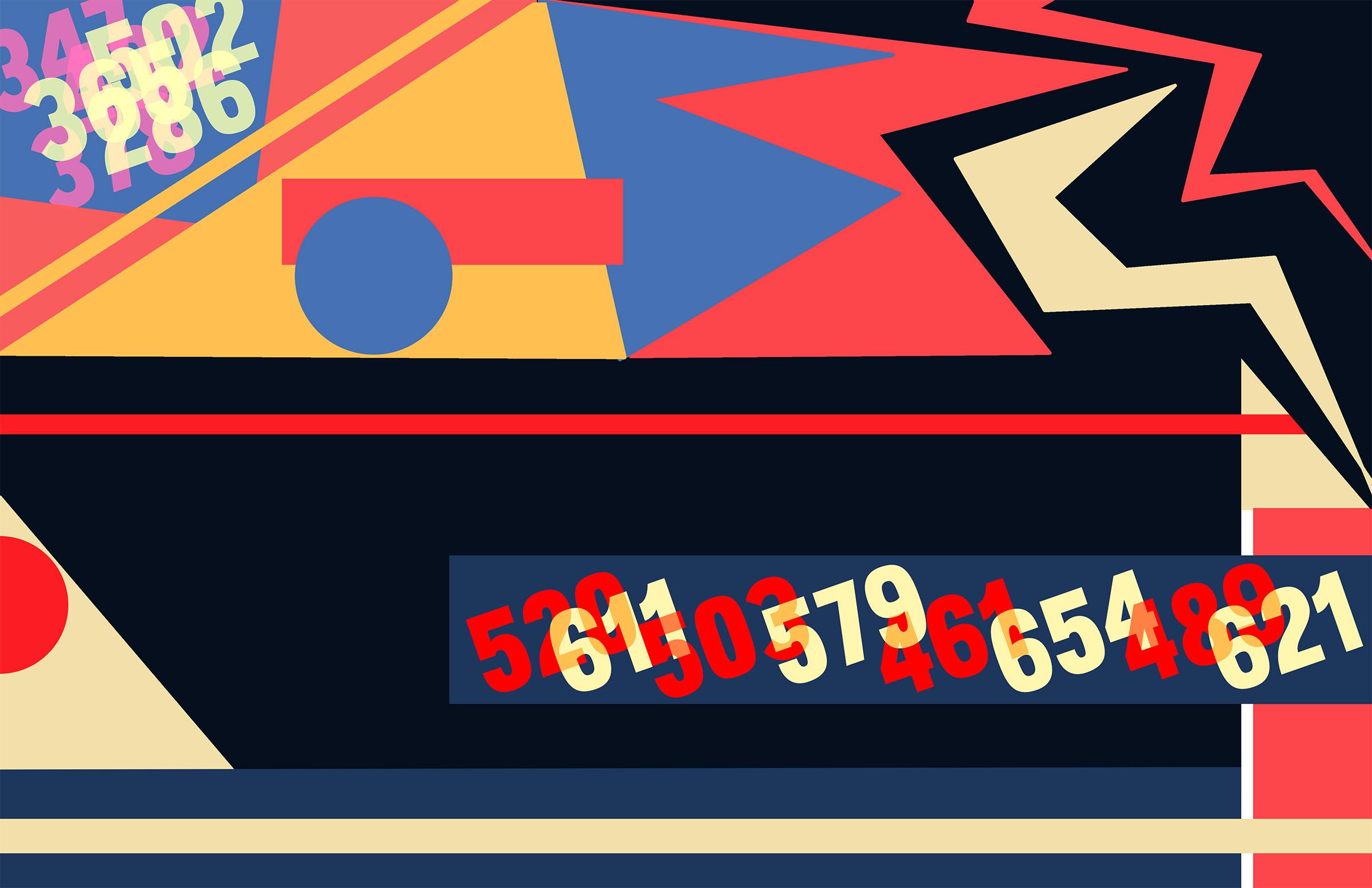The current makeup of our economy is endlessly complex. Long gone are the days of saving your money in an old coffee tin. In fact, in the 21st century we rarely buy anything more expensive than groceries with cash. Instead, the modern world runs on credit. Building your credit is essential to financial success, but it can seem extremely daunting if you don’t understand how it works. Here are the answers to some of the most common questions about your credit score — including how you can improve it — so when you graduate you aren’t left playing catch up.
What is a credit score?
Put in the most simplistic terms, your credit score is a number (usually between 300 and 850) that banks use to determine how likely you are to pay back a loan. The most common model used to determine your credit score is the FICO model. The FICO model uses five factors to determine your credit:
- Payment history
- Amount of money currently owed
- Length of your credit history
- Credit mix (number of loans, credit cards, etc. you have)
- Amount of new credit you’ve opened in the last few months.
After plugging these five factors into their formula, FICO gives you a score.
What are good and bad credit scores?
According to Credit Karma, there are typically a couple of ranges that these scores fall into.
300-650: Poor
In this range, you’ll probably struggle to get a loan, and if you do, it will be at a very high interest rate.
650-750: Fair/Good
In this range, you will likely qualify for a loan and even be able to shop around to find a better interest rate, but you’ll still end up paying a bit more.
750-850: Very Good/Excellent
If your score is above 750, you’ll probably qualify for most loans and be able to secure a low interest rate. Lenders assess other factors like your income and current debt before giving you a loan, but having a strong credit score often lead to better odds.
Why does my credit score matter?
Basically anytime you need a loan for a large purchase (such as a mortgage, car loan or a personal loan), the bank will check your credit score. The riskier it is to lend money to you, the more they will charge you in interest.
A high credit score means you will often qualify for better interest rates, which means you have to pay the bank less to borrow their money. On the flip side, a poor credit score can lead to skyhigh interest rates or even prevent you from getting a loan at all. Building and maintaining your credit score early will save you massive amounts of money and headaches down the line.
How can I improve my credit score?
Many college students have a credit score already, even if they don’t realize it. It isn’t just mortgages or car payments that affect your credit score, but any instances in which you borrow money. If you have a credit card in your name and pay your balance on time, you’ve been building up your credit score. In fact, the easiest way for college students to build their credit is by saying goodbye to the debit card — which doesn’t involve borrowing money — and getting a no-fee credit card. Be careful though, because if you don’t pay off the balance of your card each month or at least make the minimum payment, you could actually end up hurting your score.
Additionally, student loans will also affect your credit if the loan is in your name, rather than your parents’. Making your payments on time can be a great way to quickly build up your credit score, but missing a payment can come back to haunt you.
The modern financial world can be daunting, but the increased opportunity to draw on credit has increased our standard of living to a higher point than any other in history. Understanding and improving your credit score is crucial in order to take advantage of these opportunities and securing financial stability.



